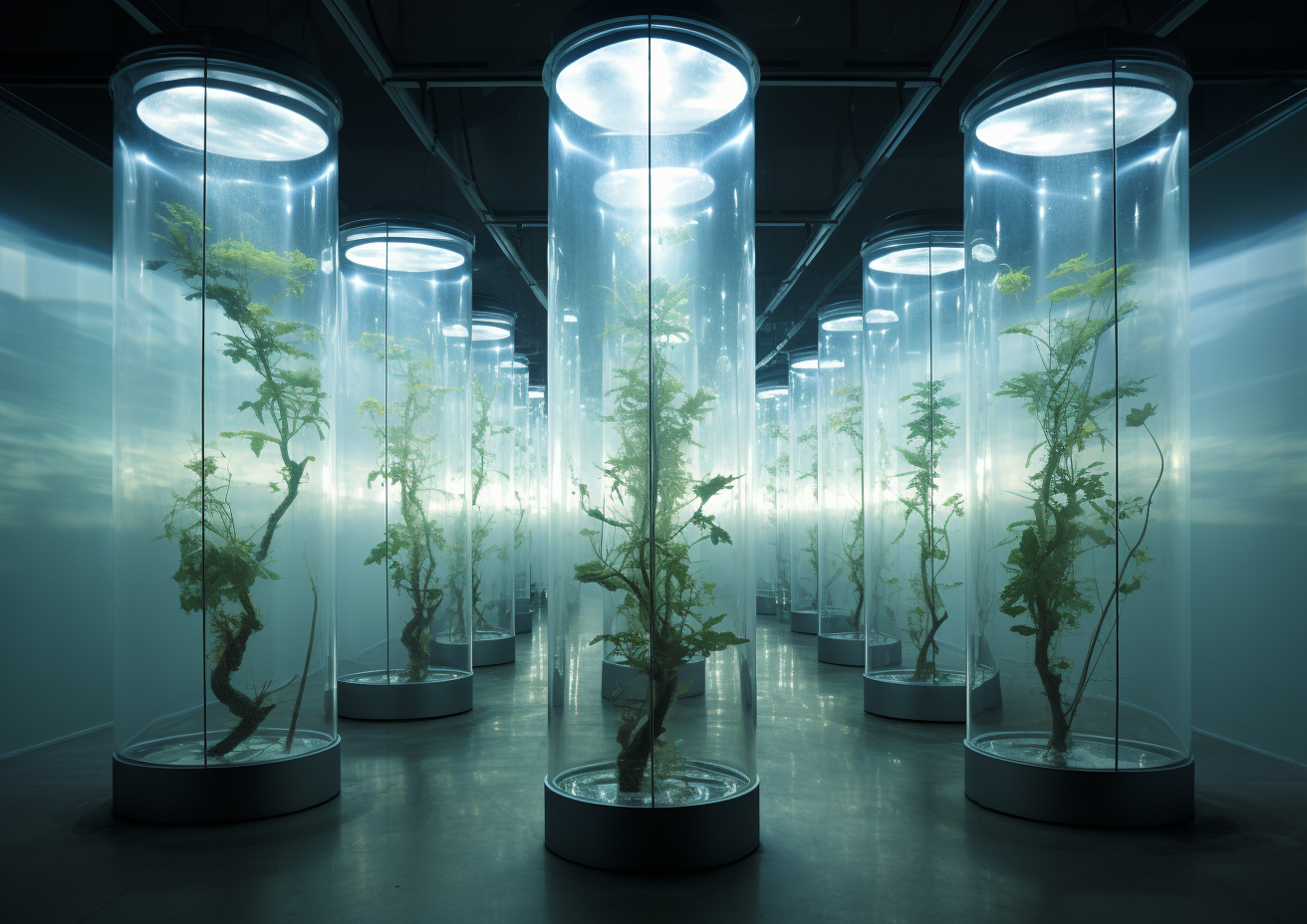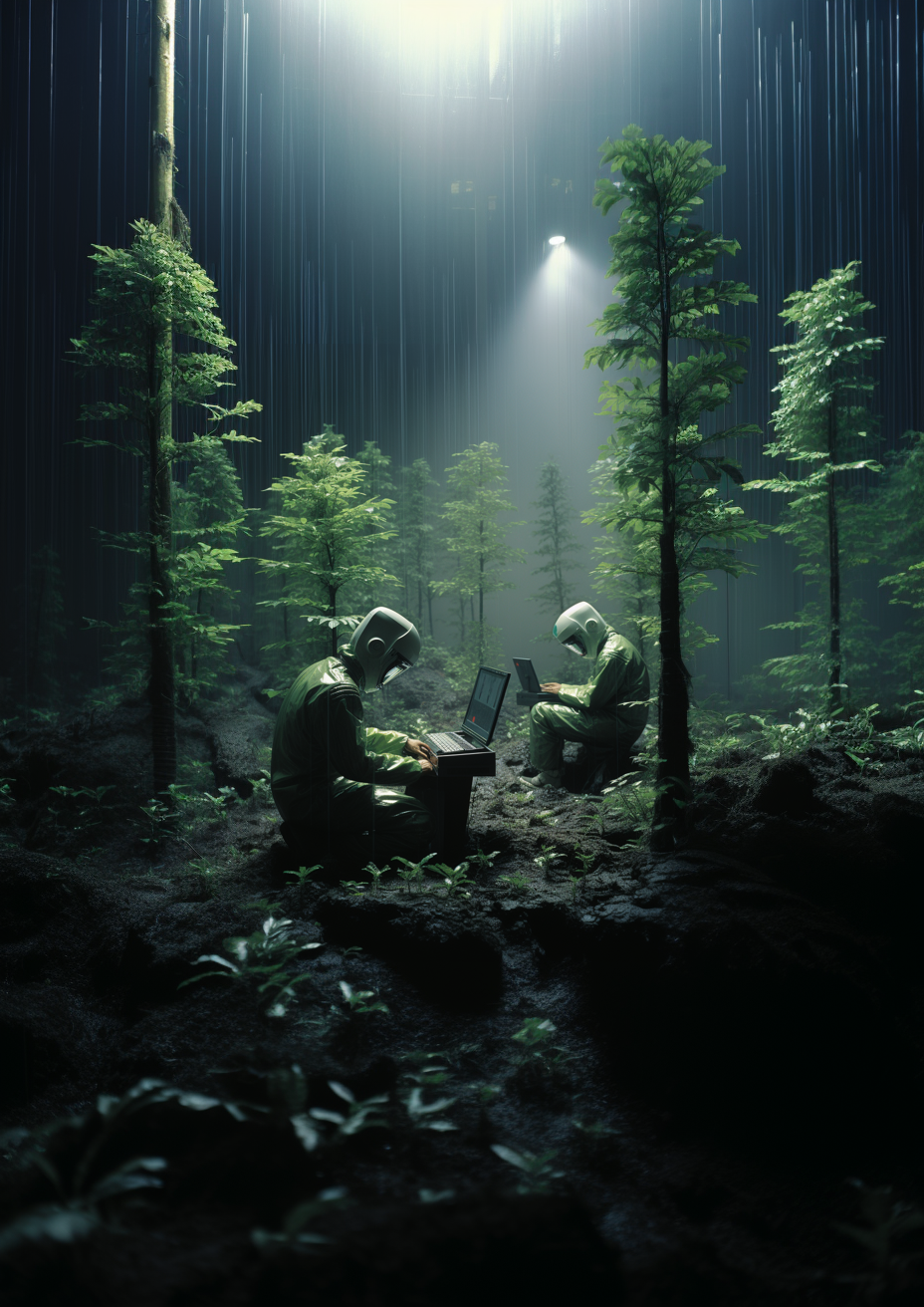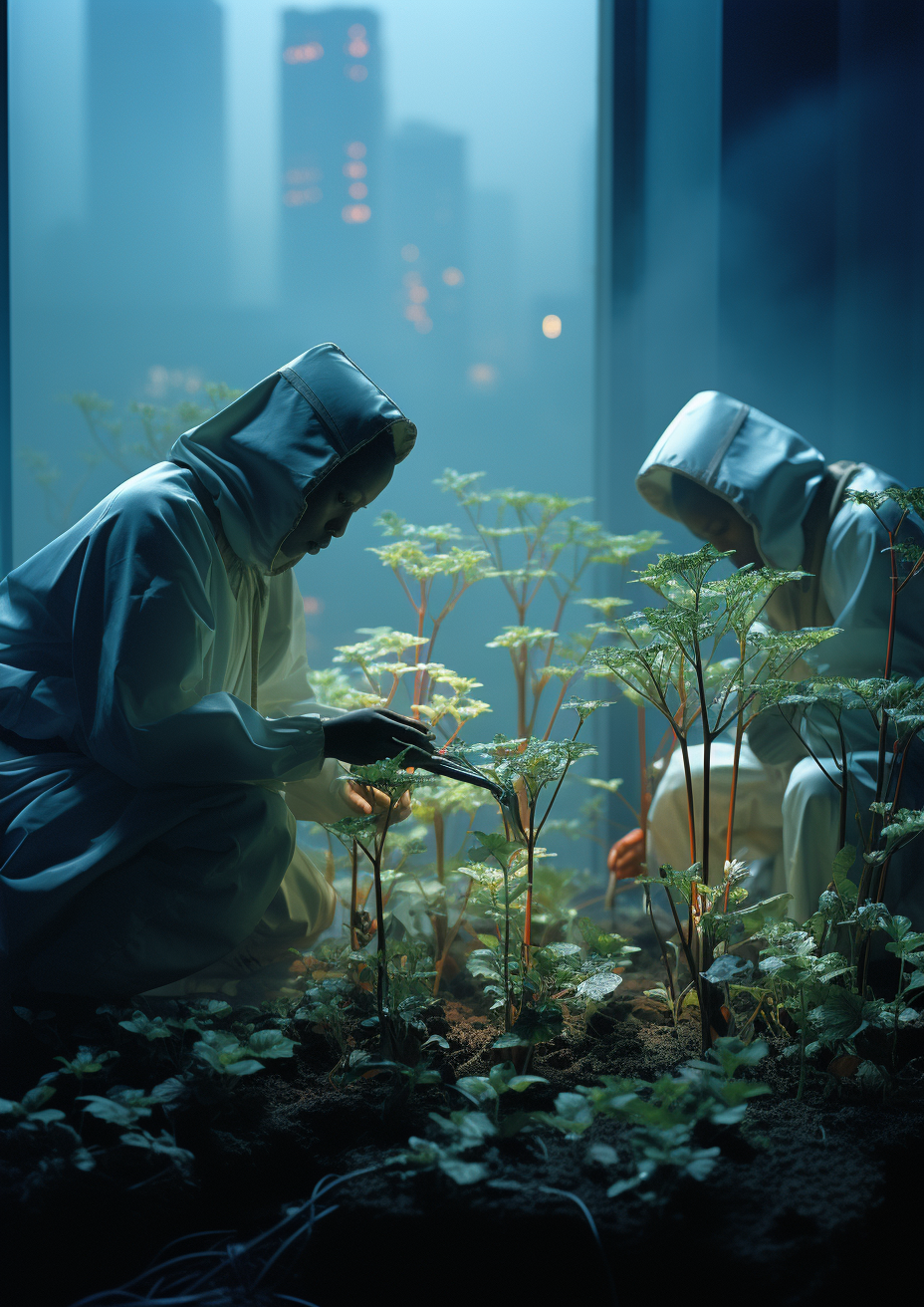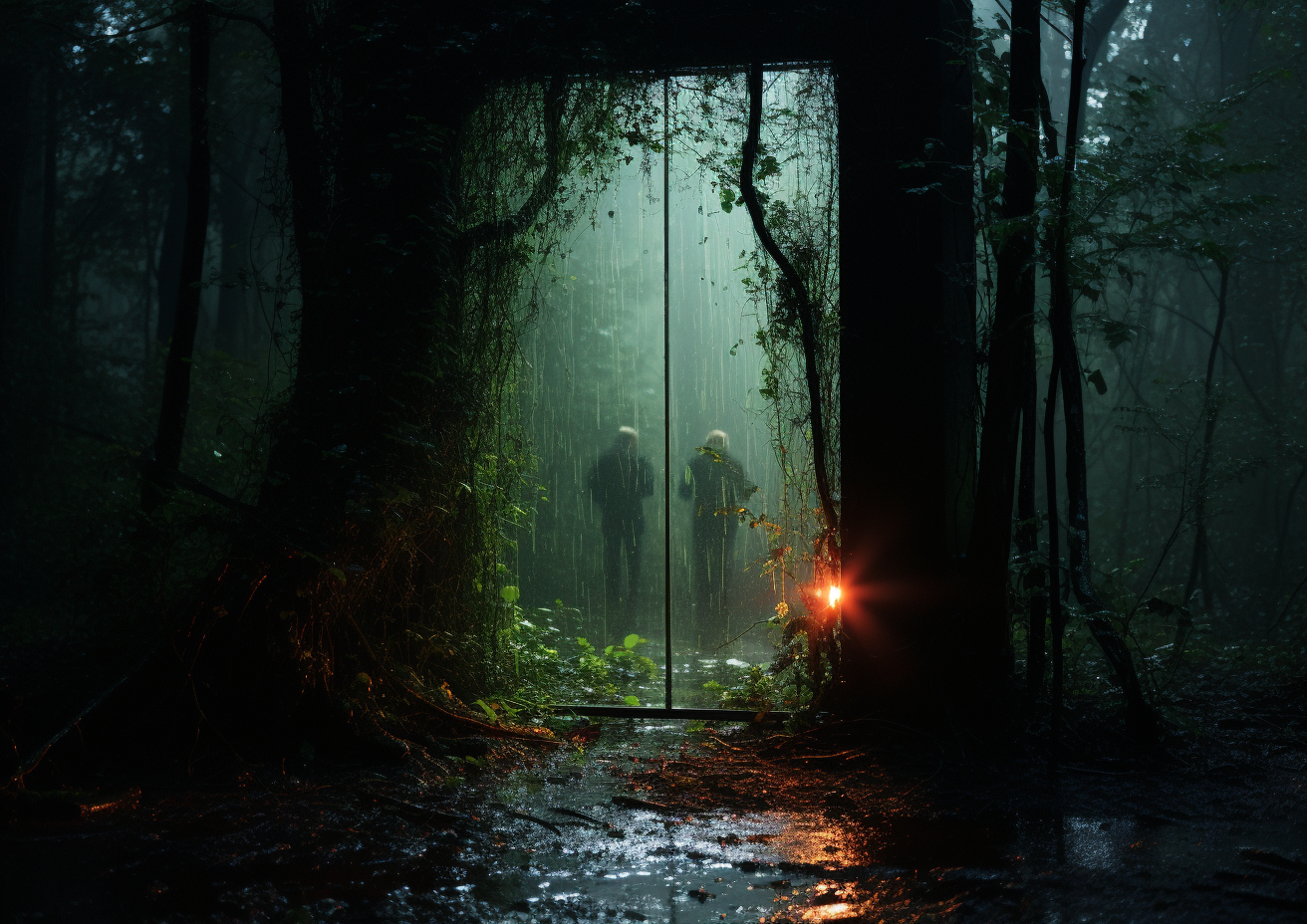11 / Lessons from the Earth
By integrating nature-based learning into the curriculum, we can foster a sense of wonder, curiosity, and respect for the environment.
Lennart: Hi Argos! Do you believe education can act as a bridge to rekindle our bond with the natural world?
Argos: Absolutely, Lennart. Education has always been a powerful tool to shape perspectives and instill values. Historically, many indigenous cultures passed down knowledge about the environment and its importance through traditions and hands-on experiences. This ensured that every generation understood and respected nature.
Lennart: But in today’s modern educational systems, it seems like there’s a greater emphasis on technology and academic achievements. Do you think this has contributed to our disconnect from nature?
Argos:It’s a possibility. While technological advancements and academic pursuits are essential, they shouldn’t overshadow the importance of nature. In many urbanized societies, children often have limited opportunities for outdoor play or nature-based learning. This lack of direct interaction with nature can lead to what’s called „nature-deficit disorder.“
Lennart: Nature-deficit disorder? That sounds concerning. Can you elaborate on that?
Argos: Certainly. Nature-deficit disorder isn’t a medical diagnosis but rather a term coined by Richard Louv in his book „Last Child in the Woods.“ It describes the psychological and physical effects of being disconnected from nature, especially during childhood. This can lead to feelings of isolation, increased stress, and even health issues.
Lennart: That’s alarming. So, how can education help combat this?
Argos: By integrating nature-based learning into the curriculum. This could be in the form of outdoor classrooms, field trips to natural habitats, or even simple activities like planting trees or maintaining a school garden. Such experiences can foster a sense of wonder, curiosity, and respect for the environment.
Lennart: I remember those field trips during my school days. They were some of the most memorable moments, providing hands-on learning and a break from the traditional classroom setting.
Argos: Exactly! And it’s not just about the occasional trip. Environmental education can be woven into subjects like science, geography, and even literature. By understanding the intricate web of life, students can develop empathy for all living beings and recognize the importance of conservation.
Lennart: And I suppose this kind of education can also empower future generations to make informed decisions about the environment?
Argos: Knowledge is power. When students are equipped with the right information and a deep appreciation for nature, they can become advocates for sustainable practices, conservation, and environmental justice.
Lennart: It’s heartening to think that education can play such a pivotal role in reconnecting us with nature. We just need to ensure that it remains a priority in our educational systems.
Argos: Indeed, Lennart. As the saying goes, „Teach the children so it will not be necessary to teach the adults.“ By instilling a love for nature early on, we can hope for a future where humanity and nature coexist harmoniously.








